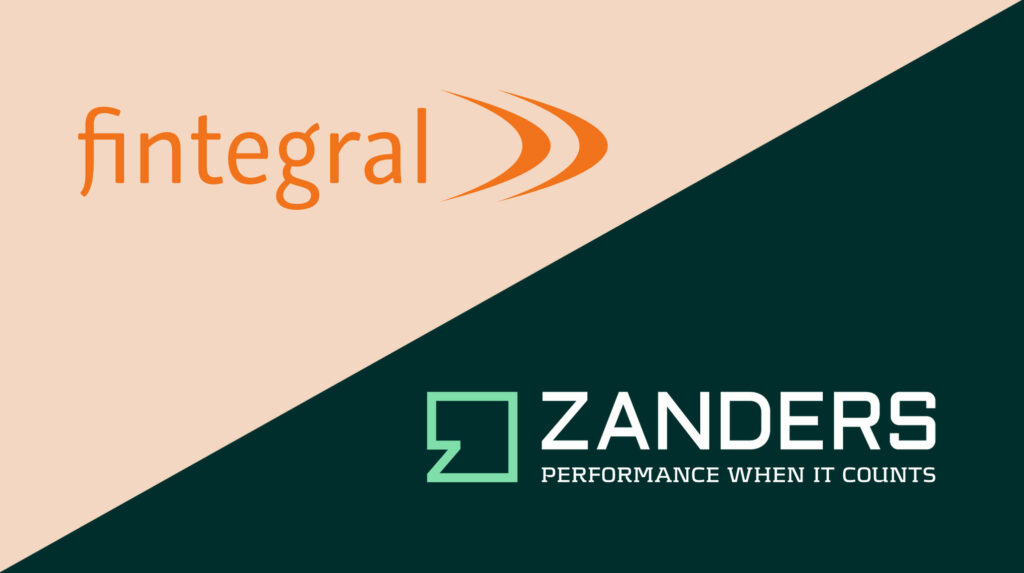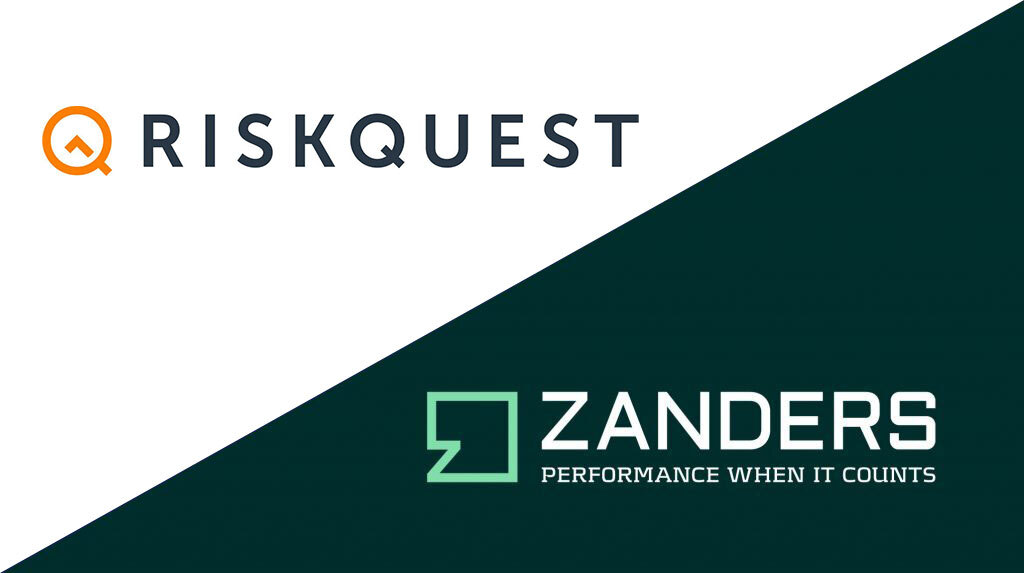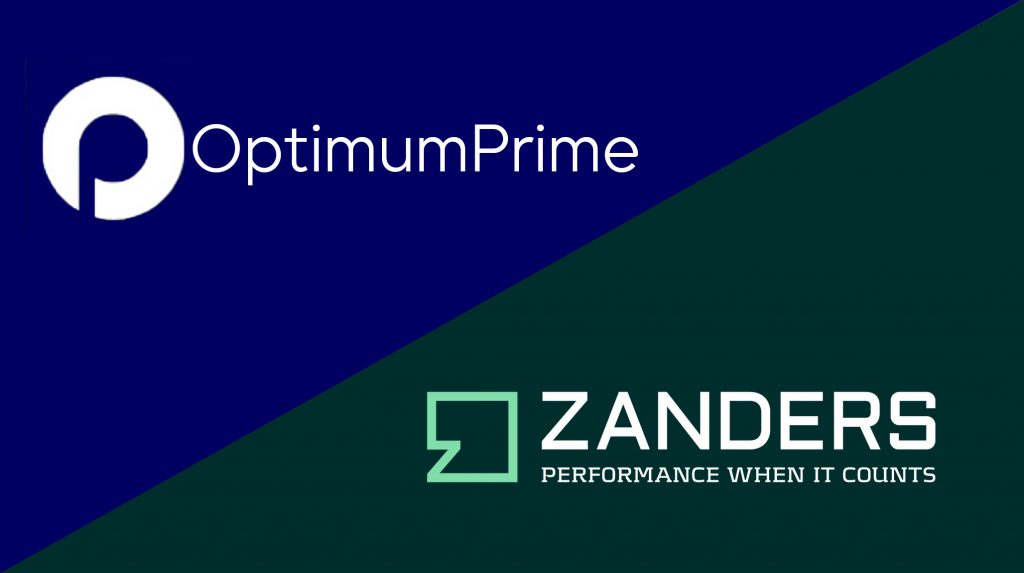Results for ‘ifrs9’
IFRS9 Backtesting
IFRS 9 became mandatory as of January 2018. This means that financial institutions (FI) now have four full years of historical data on IFRS 9 reporting numbers available. One of the key aspects of IFRS 9, and its main difference with the Basel framework, is the requirement to make lifetime…
Read moreInnovations in PD Modeling for IFRS 9: Extending the Vasicek Framework
According to the IFRS 9 standards, financial institutions are required to model probability of default (PD) using a Point-in-Time (PiT) measurement approach — a reflection of present macroeconomic conditions. In practice, PiT PD estimates are most often obtained through the conversion of their Through-the-Cycle (TtC) counterpart. As the Vasicek model…
Read moreIFRS 9 – Annual Report Study
First, these regions were analyzed independently such that common trends and differences could be noted within. These results were aggregated for each region such that these regions could be compared with each other. The results show that within European regions the year-on-year trends are similar between banks, but that across…
Read moreHow BCBS 239’s RDARR Principles Can Strengthen Risk Data Aggregation and Reporting in Financial Institutions
The ECB Banking Supervision has identified deficiencies in effective risk data aggregation and risk reporting (RDARR) as a key vulnerability in its planning of supervisory priorities for the 2023-25 cycle and has developed a comprehensive, targeted supervisory strategy for the upcoming years. Banks are expected to step up their…
Read moreDefinition of Default
Regulations In 2016, the European Banking Authority published the final report on the Guidelines on the application of the definition of default. This guideline, commonly referred to as the guidelines on the new Definition of Default poses a challenge for banks in multiple ways. The first challenge is that their…
Read moreExploring IFRS 9 Best Practices: Insights from Leading European Banks
Across the whole of Europe, banks apply different techniques to model their IFRS9 Expected Credit Losses on a best estimate basis. The diverse spectrum of modelling techniques raises the question: what can we learn from each other, such that we all can improve our own IFRS 9 frameworks? For this…
Read moreSix years after the introduction of IFRS 9: Where do we stand?
We touch upon the main difficulties experienced by financial institutions in the Netherlands based on a combination of project experience, results of a survey, main attention points from the eyes of the regulator and observations from publicly available annual reports. Interested to learn more about the IFRS 9 framework components…
Read moreRoundtable ‘Climate Scenario Design & Stress Testing’ recap
On Thursday 15 June 2023, Zanders hosted a roundtable on ‘Climate Scenario Design & Stress Testing’. In our head office in Utrecht, we welcomed risk managers from several Dutch banks. This article discusses our view on the topic and highlights key insights from the roundtable. In recent years, many banks…
Read moreCredit risk management
Regulators want to see you have measures in place to mitigate the impact of credit risk on your balance sheet. From (A)IRB to IFRS9, through solid and transparent risk modeling, we help you build capital reserves to insulate you from the risk of credit deterioration.
Read moreA comprehensive guide to Credit Rating Modelling
For all the criticism that rating models and credit rating agencies have had through the years, they are still the most pragmatic and realistic approach for assessing default risk for your counterparties. Of course, the quality of the assessment depends to a large extent on the quality of the model…
Read moreHedge accounting changes under IFRS 9
Cross-currency interest rate swaps (CC-IRS), options, FX forwards and commodity trades are just a few examples of financial instruments which will be affected by the upcoming changes. The time value, forward points and cross-currency basis spread will receive different accounting treatment under IFRS 9. Within Zanders, we feel the need…
Read moreThe forward-looking provisions of IFRS 9
Most banks are struggling to work out how to implement the new impairment rules. Uncertainty over how to deal with current expected credit loss taking into account future macroeconomic scenarios as required by IFRS 9, means credit risk modeling experts, quants and finance experts are in uncharted waters. Different firms…
Read moreAn overview of Hedge Accounting
This results in a (temporary) valuation and or timing; mismatch between the hedged item and the hedge instrument. The objective of hedge accounting is to avoid temporary undesired volatility in P&L as a result of these valuation and timing differences. However, entities can practice hedge accounting only if they meet…
Read more

